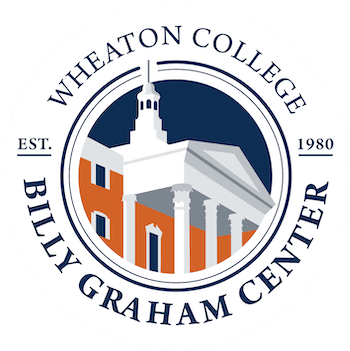Most people know about CPR, which is a lifesaving skill that helps to provide necessary oxygen-rich blood to vital organs, helping to keep a victim alive until advanced medical care arrives.
The same acronym can apply to rural churches in need of revitalization. Instead of cardiopulmonary resuscitation, CPR stands for Community, Pace, and Relationships.
These three vital characteristics can be used by God to breathe life into a church.
1. COMMIT TO THE COMMUNITY.
Revitalization in a rural church means being a part of the greater community. The pastor of a rural church won’t be ministering to the congregation alone but should also be rooted in the community at large.
Whether it’s attending events, doing service projects, volunteering at the school and other organizations, or just going into the gas station to pay for your fuel so you can meet the people who work there, a rural revitalizer must create avenues to connect to their broader community.
Like Jeremiah commanded the Jewish exiles in Babylon to “pursue the well-being of the city” (Jeremiah 29:7), a rural church revitalizer needs to seek the welfare of their community.
2. PACE YOURSELF.
In many rural communities, the pace of life and church health is slower than in other contexts.
Whether it’s going to the grocery store or visiting the hospital, the speed in which you conduct your ministry needs to match the community’s pace.
Here are three examples.
Windshield time
First, many rural communities across the United States face a shortage of medical care. Rural hospitals often serve as transfer stations to more extensive facilities.
Caring for your church membership in times of health crises may require driving for an hour or more to visit them. Use that “windshield time” to pray, call other members, or enjoy a moment of silence.
Marketplace opportunities
Second, some of the best outreach and visitation contacts could happen in the aisle of the supermarket. Answering questions about the Bible and praying for others while standing over the frozen food cases.
Be prepared for those divine appointments to share Christ, care for a church member, and connect to the community.
If you’re a rural missionary, rarely will you be able to simply step into a store to quickly grab a gallon of milk. Look for opportunities to maximize that trip.
In for the long haul
Third, Thom Rainer says it takes five to seven years for a pastor to be embraced as the pastor.
My experience and observations have led me to believe it takes a minimum of seven years for the people of a rural church to embrace their pastor.
The main reason those in the rural church are slower to embrace the pastor is that many have seen them come and go.
Some pastors treat rural churches as a pitstop on their way to the suburban church with larger buildings, bigger budgets, and coffee shops on every corner.
Before your congregation even thinks about revitalizing, they want to know their pastor is vested in them. Don’t begin revitalization efforts in a rural church if you don’t plan on planting yourself there for seven to ten years or longer.
3. RELATIONSHIPS MATTER.
In every church, relationships matter. In a rural community, relationships matter even more.
While getting gas on Thursday morning, you may be asked about what happened at church Wednesday night by someone who doesn’t go to your church. They heard about it from their family, even if they’re third cousins, twice removed.
1 Timothy 3:7 lists a qualification for an overseer as having a, “… good reputation among outsiders, so that he does not fall into disgrace and the devil’s trap.”
People outside of your church need to see the same pastor your church members do. The relationships cultivated outside of the church will influence relationships within, especially in a small town.
So, avoid the temptation to be critical of your town or the people in it. People won’t believe you when you tell them God loves them if you clearly don’t love them.
A ministry absent of relationships won’t bring renewal to the church.
Rural churches and rural communities in wide-open spaces and undeveloped pastures need gospel-driven pastors—those who will root themselves in the small towns that dot the American landscape caring for churches and the community.
Practicing a good sense of community, developing a grace-driven pace, and building relationships are critical skills to help sustain life until the Lord awakens the dry bones of the rural church.
Rural churches and rural communities need Holy Spirit infused CPR.
ROB HURTGEN (@robhurtgen) is the husband to Shawn, father of five, pastor of First Baptist Church Chillicothe, Missouri, and doctoral student at Midwestern Baptist Theological Seminary. He also blogs at robhurtgen.wordpress.com.

